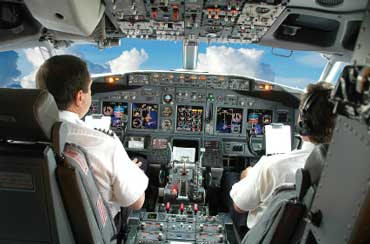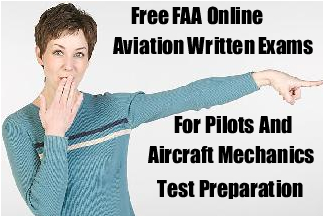 |
|
|
|
|
|
|||
|
By Daniel Baxter |
||||
 |
May 23, 2010 -
The Air Line Pilots Association, Int’l (ALPA) participated in the
National Transportation Safety Board (NTSB) Public Safety Forum on
Professionalism in Aviation this week to underscore the exemplary
professionalism of airline pilots, who safely flew more than 10 million
flights in the
“ALPA pilots have
demonstrated a commitment to professional excellence since the
Association was founded in 1931,” said Capt. John Prater, ALPA’s
president. “We commend the NTSB for challenging our industry to do even
more, because professionalism is a shared responsibility among the
regulators, the airlines, and airline workers. If a link is lost
anywhere in this chain, our industry fails its passengers and all who
depend on a safe transportation system.” |
|||
|
|
||||
|
Three ALPA pilots
were asked by the NTSB to make formal presentations to assist in
identifying the attributes of professional pilots as well as innovative
ways to promote the highest possible professionalism standards within
the industry. Representing ALPA were Capt. John Sluys (ALA), executive
vice-president and chair of ALPA’s Professional Development Group, Capt.
Tim Flaherty (DAL), chair of the ALPA Air Traffic Services Group, and
Capt. John Rosenberg (DAL), chair of ALPA’s Professional Standards
Committee. Numerous government and industry presenters cited ALPA’s long-standing dedication to professionalism as expressed in ALPA’s Code of Ethics, which was adopted by the Association’s Executive Board in 1956 and still serves as the “gold standard” of professionalism across the industry today. Although professionalism issues are extremely rare, ALPA maintains a robust professional standards program that proactively employs time-tested techniques including peer-to-peer counseling to swiftly address any personal or performance-related issue that holds the potential to compromise flight safety.
During the forum,
ALPA presenters challenged the airlines to promote greater opportunities
for strengthening pilot professionalism including:
•
Adopting and supporting an airline code of ethics to create a
professional corporate culture that recognizes and values the
contributions of pilots to the company’s success;
•
Adopting a professional standards program at all Part 121
airlines;
•
Recognizing and addressing the negative impact on pilot
professionalism when the company or the regulator acts in an
unprofessional manner or attempts to undermine captain’s authority; |
||||
|
•
Using sophisticated pilot selection tools and methods during the
pilot hiring process;
•
Overhauling education, training, and certification requirements
for future airline pilots;
•
Including the subjects of professionalism and ethics in airline
training;
•
Promoting pilot mentoring programs; and
•
Encouraging the continued evolution of effective crew resource
management training while respecting captain’s authority.
ALPA also urged
the FAA to help pilot and controllers go “back to basics” with respect
to pilot-controller communications. A better understanding of each
other’s roles and responsibilities is needed and could be facilitated in
part by the restoration of familiarization flights for air traffic
controllers.
“While ALPA pilots
operate thousands of flights safely every day, the union takes extremely
seriously its shared responsibility to ensure that our industry does not
rest in pursuing even higher standards of professionalism,” continued
Prater. “The NTSB forum this week has served to remind everyone that a
true industry-wide partnership is needed and that all the stakeholders
within government and industry must commit and engage.” |
| Other News Stories |
|
|
| ©AvStop
Online Magazine
Contact
Us
Return To News
|
|

